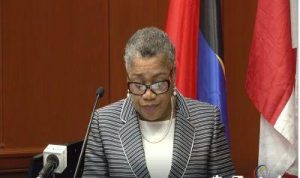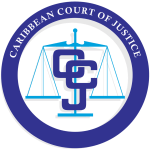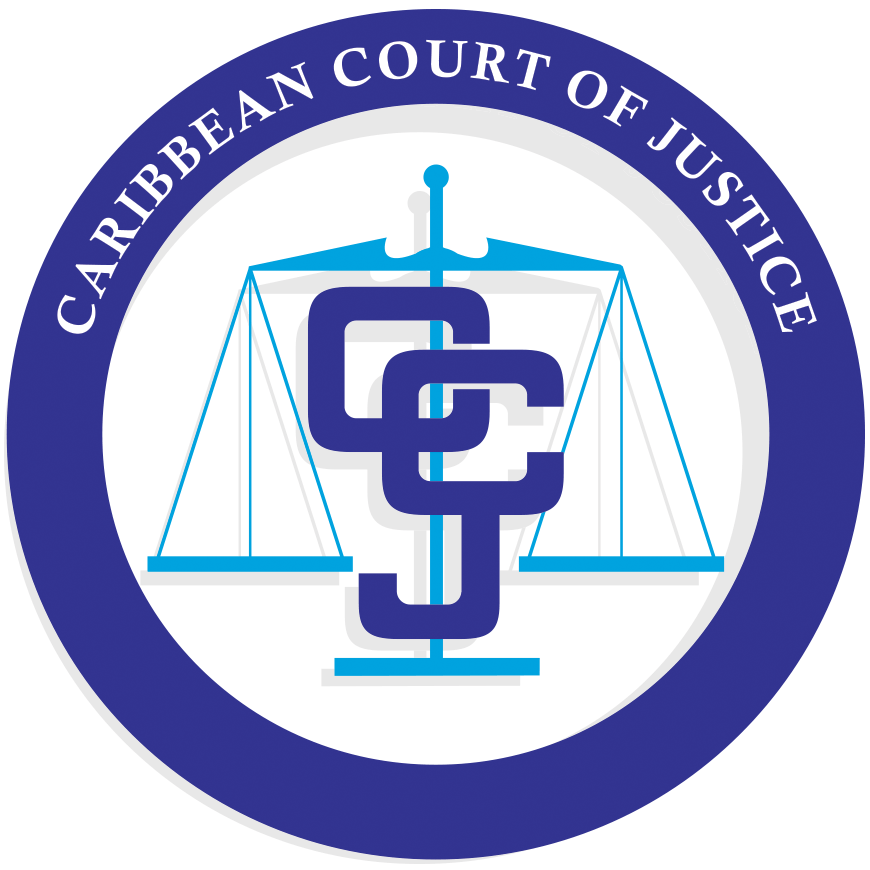 On Monday January 21, 2019, the Judicial Reform and Institutional Strengthening (JURIST) Project in collaboration with the High Court of Justice in Antigua and Barbuda created history when it officially opened the Sexual Offences Model Court (SOMC).
On Monday January 21, 2019, the Judicial Reform and Institutional Strengthening (JURIST) Project in collaboration with the High Court of Justice in Antigua and Barbuda created history when it officially opened the Sexual Offences Model Court (SOMC).
Located in St. John’s, Antigua the SOMC is intended to help remedy the deficiencies in the court’s current handling of sexual offence cases. These shortcomings were identified in a 2016 Baseline Study commissioned by the JURIST Project and undertaken by UN Women. The study identified the following deficiencies:
- Inordinate delays in completion of cases;
- Lack of data collection to form the basis of monitoring and accountability for the courts’ performance and quality in responding to sexual offence cases;
- Insufficient coordination between the courts and other agencies that provide services to sexual assault complainants; and
- Sexual assault complainants refused to pursue cases due to fear of re-victimization and re-traumatization by the very process of seeking justice.
The deficiencies in the court’s handling of sexual assault cases contribute to high attrition rates in the justice chain for sexual offences as well as to sexual offences having very low conviction rates in comparison to all other crimes.
Sexual offences are different to other offences in relation to (1) the trauma caused, (2) the gender stereotypes which inform the behaviour of perpetrators and people who interact with the survivors, and (3) the large number of sexual offence complainants who fall into the vulnerable category.
The unique nature of sexual offences therefore, requires the justice system to put in place specialized procedures for the handling of these cases and the survivors of sexual assaults.
Speaking at the opening ceremony, the Honourable Dame Janice Pereira, Chief Justice of the Eastern Caribbean Supreme Court (ECSC), explained that Antigua and Barbuda was selected as the site of the model court because of the strides that the country has made in addressing sexual abuse cases. She added that the specialisation of the court will help to improve the overall efficiency in the judicial system.
“There can be no doubt, given the prevalence of sexual offences in our region, that the establishment of a specialist court to treat with such offences would improve the capacity of the court to deliver gender-responsive and customer-focused services to the people we serve,” the Chief Justice stated.
She explained that the court will have the ability to operate with enhanced video and audio links for the conduct of any trial “in an atmosphere which promotes fairness rather than one where a witness may feel loss and afraid.”
The Honourable Stedroy Benjamin, Attorney General of Antigua and Barbuda spoke of changes to the legislative framework in Antigua and Barbuda, and the commitment by the government to address gaps within that framework, to strengthen it in ways that will achieve the objectives of the model court in delivering an improved quality of justice.
He noted that the Antigua and Barbuda Government has already made the necessary changes in law to ensure that the court is operational in the country. The Government, he revealed, has allocated EC$99 million for legal and justice affairs in the 2019 national budget “because we understood the necessity of providing the supporting services in all areas with respect to the administration of the law”.
He said the Government last year introduced the Criminal Prosecution Service, headed by the Director of Public Prosecutions, and that two lawyers have been recruited to that department to be “trained to deal with the sexual offences court”.
Mr. Benjamin added that in supporting the new court, the Government will introduce a forensic lab, noting “we have suffered over the years where bits of evidence sent overseas for testing take years to return to Antigua. That will be something of the past.”
Ms. Monique Bergeron, Acting Senior Director, Caribbean Regional Program, Global Affairs Canada, said supporting countries in the implementation of programmes that support the achievement of gender equality is a central tenet of Canada’s Feminist International Policy (FIAP).
“The Sexual Offences Model Court is a perfect example of the Government of Canada’s Feminist International Assistance Policy in action. One of FIAP’s key objective, is to strengthen legal systems and promote reforms that eliminate all forms of discrimination against women, girls and vulnerable men,” she noted.
Ms. Bergeron reiterated that Canada has had a long and productive partnership with CARICOM governments in the area of justice reform. The JURIST Project and IMPACT Justice are two regional justice reform initiatives that are funded by the Canadian government. The ultimate goal of both IMPACT and JURIST Projects is to establish a judicial system that is more responsive to the needs of citizens.
“These two justice reform projects fulfil part of Canada’s commitment of development assistance through the Caribbean Regional Development Program. Canada has been implementing this program since 2008, when we doubled our aid to the Caribbean, and our regional program will continue to be implemented until the year 2020. At that point, Canada will look at future programming in the region. The aim of the current program is to assist the region in becoming a more prosperous and integrated Caribbean Community able to generate sustainable economic growth, and to provide opportunity and security to its citizens,” she assured.






